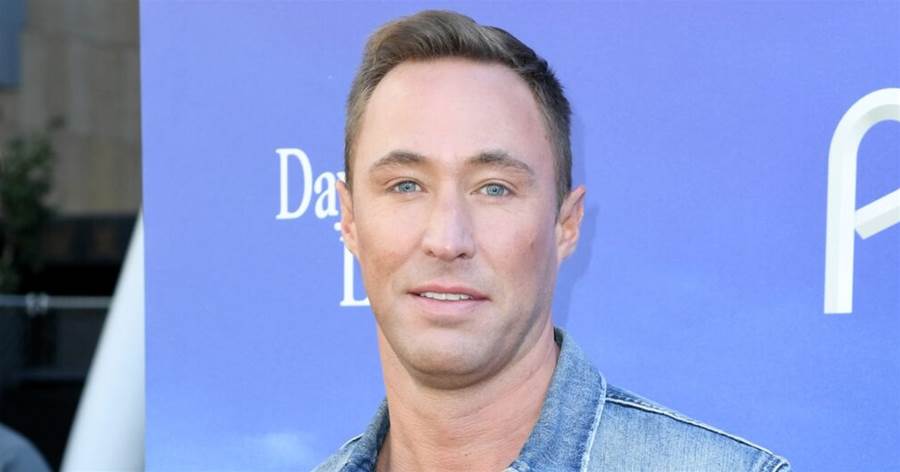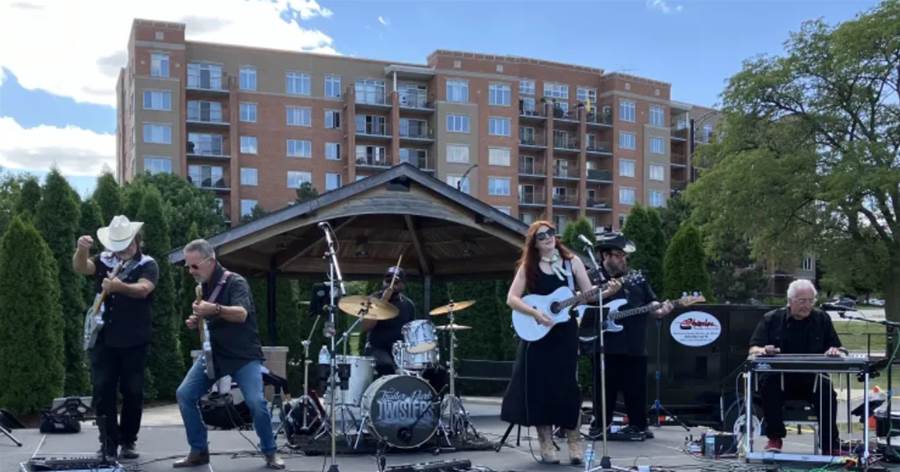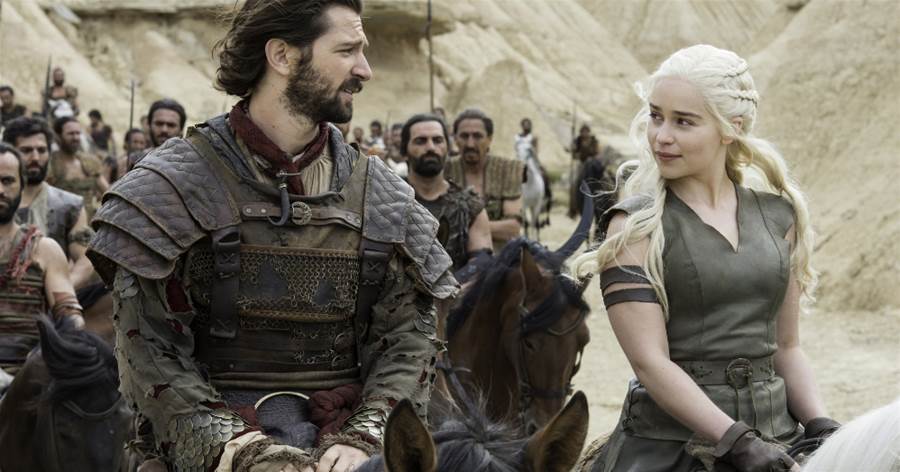
Diarrhea can be diagnosed when the number of stools exceeds 3 times a day and the stools are unformed. Diarrhea before colon cancer surgery is caused by stimulation by the tumor itself or by tumor secretions and necrosis. The causes of diarrhea after colon cancer surgery are: Which ones?
Postoperative intestinal length shorteningThe colon ascends from the right lower quadrant, to the upper abdomen, and descends to the left lower quadrant, followed by the cecum, ascending colon, transverse colon, descending colon, and sigmoid colon, with a length of about 130cm-150cm.
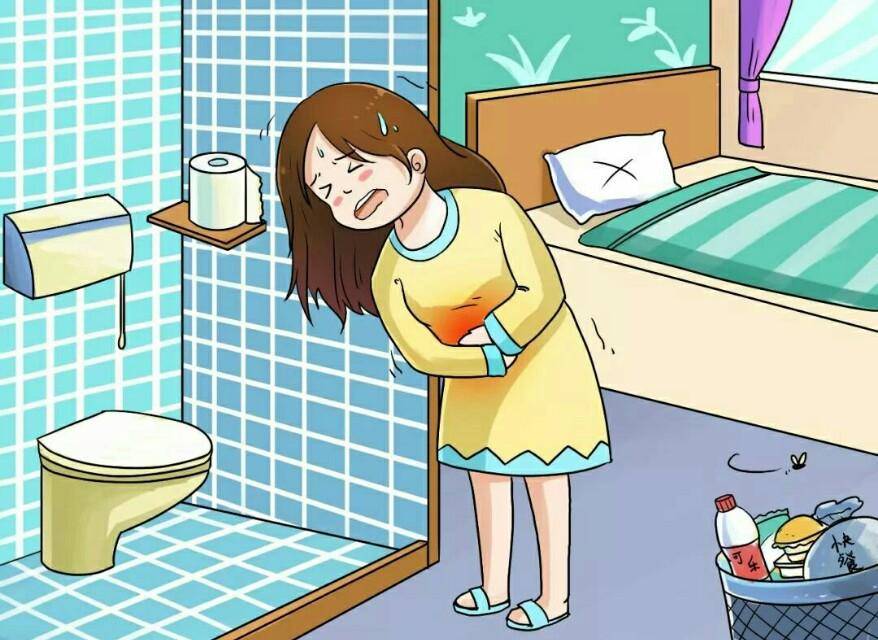
Depending on the location of the tumor, surgical procedures include right hemicolectomy, left hemicolectomy, etc. No matter which resection method is used, approximately 60 to 70cm of intestinal tube must be removed, so that the length of the colon is about half of its original length. The main functions of the colon What is it? Concentrating feces and reabsorbing it will inevitably weaken after surgery, and diarrhea may occur.
Adjuvant chemotherapy toxic side effectsStage I colon cancer does not require adjuvant chemotherapy, stage II colon cancer has high-risk factors and low expression of microsatellite instability, and stage III and IV patients must require adjuvant chemotherapy after surgery.

The auxiliary platinum agents and fluorouracil drugs have toxic side effects of diarrhea.
If the patient is not suitable for using "tecan" drugs, diarrhea will also be very serious.
Indigestion, gastrointestinal disordersSome patients may also suffer from diarrhea after surgery due to physical weakness, indigestion, and gastrointestinal disorders resulting in increased stool frequency, or gastroenteritis or enteritis.
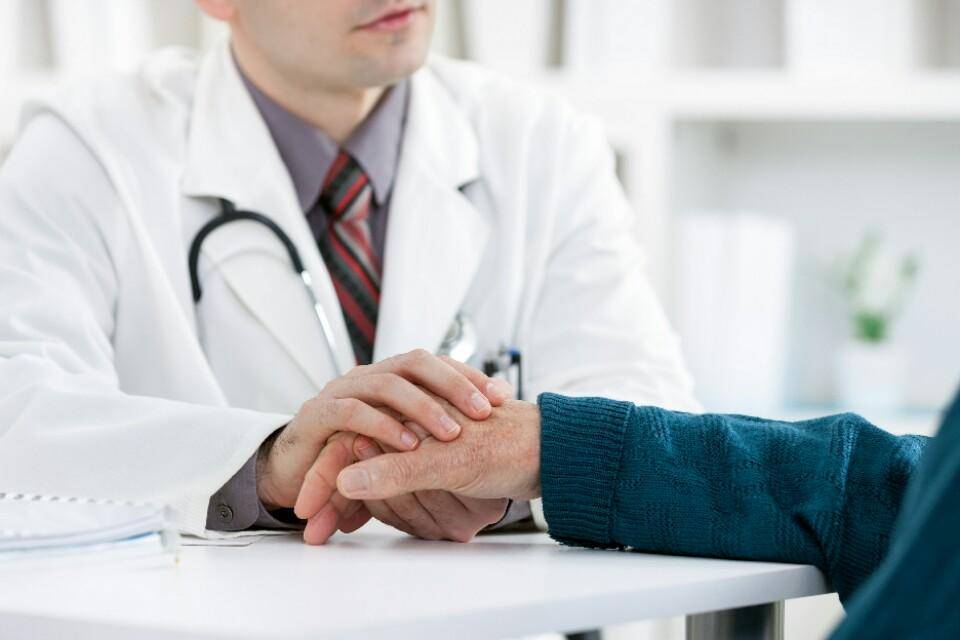
When diarrhea after bowel cancer surgery is mild, consider adjusting your diet and recovering from exercise.
For example, you should eat less crude fiber vegetables and grains, less gas-producing foods such as beans, and more refined grains. Diarrhea In severe cases, consider some antidiarrheal drugs and intestinal mucosal protectants.
The article is not finished. Click on the next page to continue.
Next page






